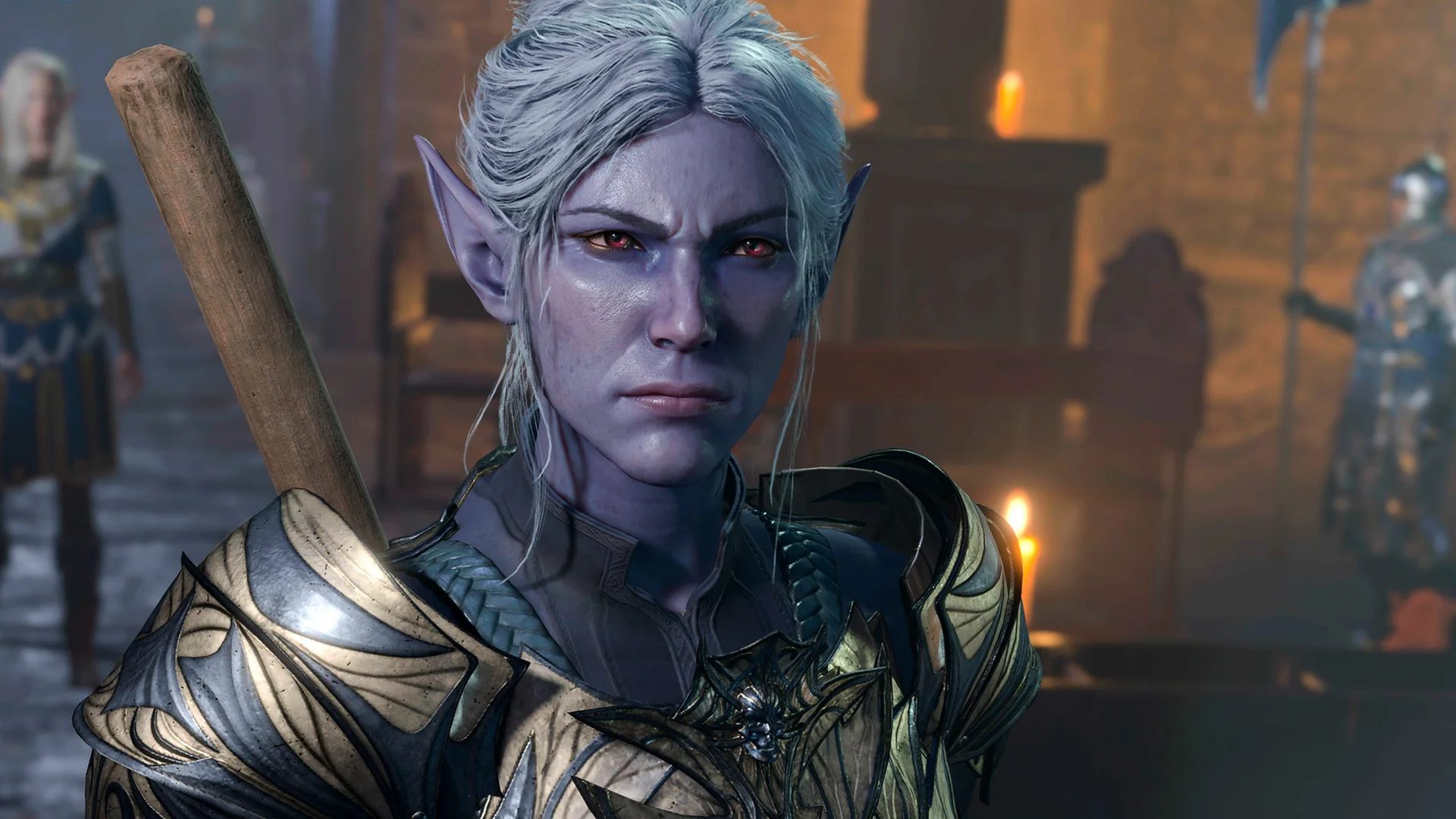New Leaked Documents Reveal Baldur’s Gate 3’s Success
- Baldur’s Gate 3 was underestimated before its full release last month, surprising Microsoft and others.
To say that Baldur’s Gate 3 was underestimated before its full release last month is an understatement, so much so that Microsoft and others did not expect Larian Studios’ hit RPG to become one of the biggest games of the year.
That surfaced today as part of the latest massive leak of internal Google documents, obtained by Bloomberg News. The documents, which consist of data gathered from Google’s Stadia gaming platform, revealed that Baldur’s Gate 3 was referred to as a “second-run Stadia PC RPG.” This may explain why Baldur’s Gate 3 did not receive much initial attention or promotion from Microsoft and other major players in the gaming industry.
Despite the lack of attention, Baldur’s Gate 3 managed to exceed expectations and become one of the most successful games of the year. The game received critical acclaim for its deep storytelling, immersive gameplay, and stunning visuals. It attracted a large player base and garnered a strong following within the gaming community.
The leaked documents also shed light on the performance of Baldur’s Gate 3 on Stadia, Google’s cloud gaming platform. According to the data, the game experienced high engagement levels on Stadia, with players spending a significant amount of time playing and interacting with the game. This success on Stadia can be attributed to the game’s seamless integration with the platform, allowing players to easily access and enjoy the game.
While Baldur’s Gate 3’s success on Stadia is undeniable, it raises questions about the effectiveness of Google’s marketing and promotion strategies for its gaming platform. If a game like Baldur’s Gate 3, which was initially referred to as a “second-run Stadia PC RPG,” can achieve such success, it highlights the need for Google to focus on promoting and showcasing the unique features and capabilities of Stadia to attract more players and developers.
The Underestimation of Baldur’s Gate 3
According to the leaked documents, Baldur’s Gate 3 was far from being considered a major release by Microsoft and other industry players. It was referred to as a “second-run Stadia PC RPG,” indicating that it was not given the same level of attention and resources as other high-profile games. This underestimation of Baldur’s Gate 3 is surprising considering the reputation of the franchise and the success of Larian Studios’ previous games.
Success Despite Underestimation
Despite being underestimated, Baldur’s Gate 3 managed to exceed expectations and become one of the biggest games of the year. Its critical acclaim and strong player base demonstrate the quality and appeal of the game. The underestimation of Baldur’s Gate 3 highlights the unpredictability of the gaming industry and the potential for unexpected successes.
The Importance of Marketing and Promotion
The success of Baldur’s Gate 3 raises questions about the effectiveness of Google’s marketing and promotion strategies for Stadia. If a game that was initially labeled as a “second-run Stadia PC RPG” can achieve such success, it suggests that there is room for improvement in the platform’s marketing efforts. Google needs to focus on showcasing the unique features and capabilities of Stadia to attract more players and developers.
Baldur’s Gate 3 and Stadia Integration
The leaked documents revealed that Baldur’s Gate 3 performed well on Stadia, with high engagement levels and player satisfaction. This success can be attributed to the seamless integration of the game with the platform, making it easy for players to access and enjoy the game. The positive reception of Baldur’s Gate 3 on Stadia highlights the potential of cloud gaming platforms and the importance of optimizing games for these platforms.
Conclusion: Baldur’s Gate 3’s Surprising Success and Stadia’s Marketing Struggles
The leaked documents have unveiled Baldur’s Gate 3’s unexpected success and the underestimation it faced from major industry players. Despite being labeled as a “second-run Stadia PC RPG,” the game managed to become one of the biggest games of the year, attracting a large player base and receiving critical acclaim. This success highlights the need for Google to improve its marketing and promotion strategies for Stadia, as even a game that was initially overlooked could achieve such remarkable success. The seamless integration of Baldur’s Gate 3 with Stadia also emphasizes the potential of cloud gaming platforms and the importance of optimizing games for these platforms.




